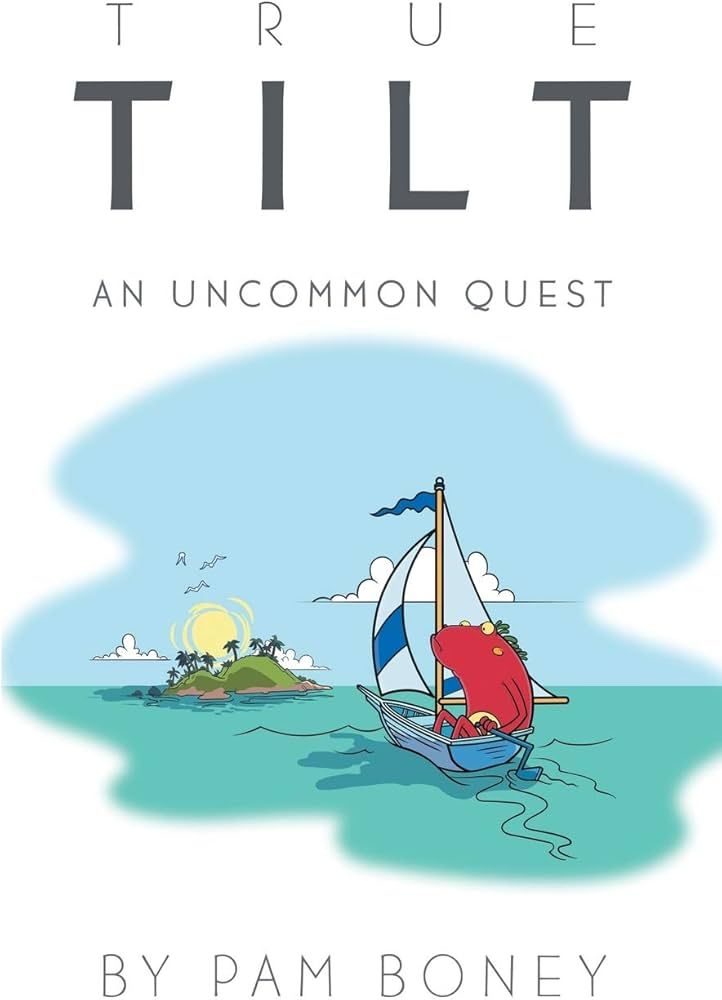The Power of Presence
Sep 02, 2025
Have you ever found yourself drifting away in the middle of a coaching session?
- Maybe a tough meeting earlier in the day is still replaying in your head.
- Maybe you’re already making a mental to-do list of everything waiting for you after the session.
- Maybe what the client says triggers a memory of a loved one — or maybe, if you’re honest, you just feel a little bored.
These thoughts might be important, or they might be trivial. Either way, the result is the same: you’re not fully with your client. And when being distracted becomes a habit, it undermines the very essence of coaching.
Why Presence Matters
Coaching requires active, focused listening to not just the words but also tone, body language, and what is not being said. If the mind drifts, the coach misses subtle cues and opportunities to go deeper.
Presence enables powerful questions that unlock new awareness for the client. A wandering mind leads to “going through the motions,” where questions become generic and lack impact, which leads to superficial conversations.
Clients sense when a coach is distracted. It can make them feel unseen or unheard. Even small lapses can erode trust and safety, making clients less open and vulnerable.
A wandering mind often fills the gap with the coach’s own stories, judgments, or problem-solving ideas. This shifts focus away from the client’s truth and blocks exploration of root causes by imposing our assumptions on the client.
The coaching space is about co-creation. Presence allows for curiosity, intuition, and improvisation. Without it, insights and growth opportunities slip by unnoticed.
Presence isn’t just a nice-to-have. It’s the foundation of transformation.
How to Stay Present as a Coach
Honestly, it happens most likely to all of us. The good news is that presence can be practiced. A few simple techniques make all the difference:
- Pause before sessions — take a few deep breaths, let go of what came before, and set an intention to be fully with your client. A glass of water or short walk can also help.
- Ground yourself physically — notice your feet on the floor, your breath, or the weight of your body in the chair to anchor attention.
- Catch wandering early — when you notice distraction creeping in, gently return to the client, without judgment.
- Use curiosity as fuel — instead of thinking ahead to your next question, stay genuinely curious about what’s unfolding in the moment.
When you’re fully present, you create the conditions for deep trust, courageous exploration, and lasting change. And that’s what coaching is really about.
Stay connected with news and updates!
Join our mailing list to receive the latest news and updates from our team.
Don't worry, your information will not be shared.
We hate SPAM. We will never sell your information, for any reason.


